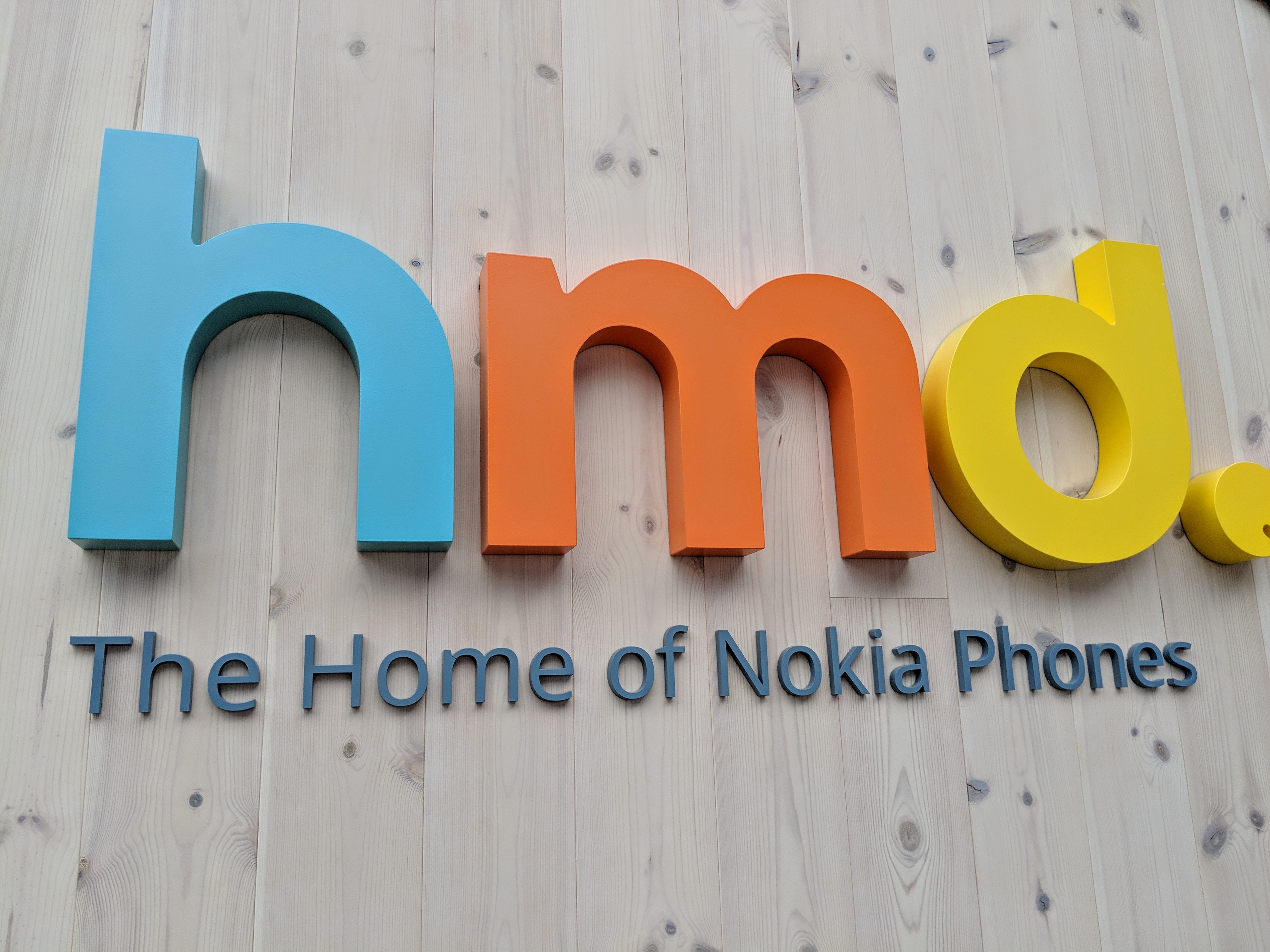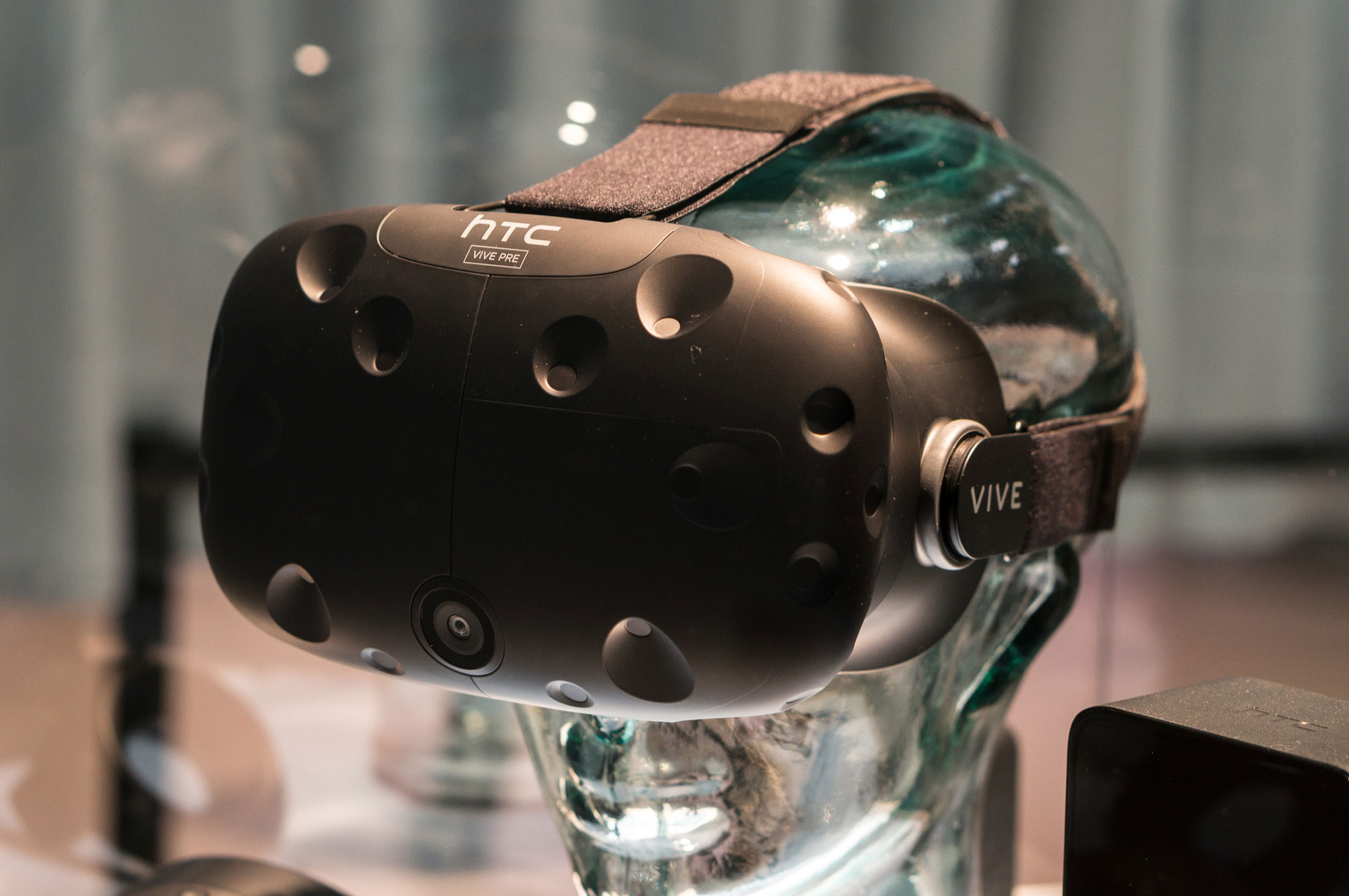Greetings from snowy Barcelona. Sure we’ve still got several days of Mobile World Congress ahead of us, but we’ve entered the point in the week when all of the big names have already wrapped up their press conferences and revealed their hands.
With that in mind, this seems like the perfect opportunity to take a good look at how the industry’s big names fared at the show. Barring any sort of unforeseen circumstances, here’s a list of this week’s biggest winners and losers.

HMD (Nokia): HMD scored a coup for a second year in a row, led by another nod to Nokia’s former successes. This time out, it was a return for the much loved Nokia 8110 Matrix slider, featuring 4G, a handful of big name social media apps and, yes, Snake. The company also unveiled a quartet of new Nokia Android phones and announced its intentions to “lead the charge” with Google’s Android One initiative.
Score: 9/10

HTC: The Taiwanese company is struggling more than most to stay relevant in an ever-shifting smartphone landscape. It’s telling, then, that HTC’s big announcements this week revolved around investing more of its existing resources in its VR play. It was crickets on the smartphone front, as the company made the Vive the centerpiece of its booth at the show.
Score: 3/10

Huawei: After a messy CES, Huawei really could have used a big win at MWC. Of course, a new flagship phone launch would have helped. Instead, the company announced two new moderately interesting tablets and a MacBook competitor with an awkwardly placed webcam. Just in case you were worried, though, it parked a giant truck outside the convention center noting that its upcoming P20 was, indeed, coming soon. The device is set to launch next month.

That said, the self-driving car promotion was kind of neat.
Score: 5/10

Lenovo: Lenovo was extremely quiet on the mobile front, but the company did announce a slate of fairly compelling laptops. Most interesting of all is the $219 100e. The Chromebook has fairly middling specs, but it looks to be nigh indestructible, as evidence by the vaguely upsetting image above. Meanwhile, a leaked render of the Moto E5 served as this week’s reminder that Motorola’s still kicking.
Score: 6/10

LG: LG’s big announcement was the very definition of more of the same. The company announced this week that it will be reissuing a sort of director’s cut edition of its V30 flagship sporting the decidedly clunky V30S ThinQ name. The product features AI-based image recognition designed to improve photos. It’s a cool trick that may ultimately prove more novel than it is useful.
More importantly, however, the device marks a new six month refresh cycle for the company that will offer a slightly souped-up version of its latest flagship between major upgrades.
Score: 5/10
Samsung: Samsung was declared MWC’s big winner well in advance of the actual event. The company happily took some of the wind out of its own sails back at CES, when it announced that its next big thing would be arriving this month, offering up teasers all along the way. A few days in, few major competitors have emerged for the title. Even if it wasn’t an off-year, it’s tough to imagine anyone being able to compete with a new flagship for the world’s largest smartphone maker.

The Galaxy S9 isn’t a revolutionary device on most accounts, but it bring enough solid upgrades to keep the company’s fanbase happy and remain competitive with Apple’s everything and the kitchen sink iPhone X. As promised, most of the big upgrades are camera related, bringing improved low light through a dual-aperture camera and some really neat real-time translation tricks with Bixby vision.
The device’s AR Emojis are admittedly kind of creepy, but a deal with Disney was a nice poke in Apple’s eye after the launch of Animoji. Samsung also upgraded DeX and continued kicking the ball forward with the promise of a new version of Bixby around the corner.
Score: 8/10

Sony: The Japanese electronics giant launched the XZ2 and XZ2 Compact at this years show. The devices will more than likely run up against the same sort of problems that have plagued the Xperia for as long as anyone can remember, never really becoming the kind of smartphone competitor the company is truly capable of. But the devices do mark a step toward Sony taking these devices more serious as consumer products, rather than simple showcases for its camera tech.
During its press conference, the company reintroduced us to the Xperia Ear Duo and teased Samsung by noting that it had released its own Super Slow Motion camera tech last year. Of course, none of that means a whole lot if nobody’s buying. Sony also teased its own upcoming take on low-light shooting, but wasn’t ready to offer a timeline.
Score: 6/10
Mi MIX 2S will use the next generation flagship processor Snapdragon 845. Launching on March 27th! ❤️ pic.twitter.com/XoOdmmcDO2
— Donovan Sung (@donovansung) February 25, 2018
Xiaomi: While, the smartphone maker has been having a pretty solid last couple of years, it didn’t have much to offer this week at the show. Sure Xiaomi’s got a booth, but it’s saving the big announcements for another day. That said, a company spokesperson did take to Twitter to note that a big announcement is, indeed, around the corner, teasing Snapdragon 845-sporting Mi Mix 2S.
Score: 3/10

ZTE: ZTE had an all around decent week, announcing a new mid-tier Blade device, featuring some premium-level features, including a dual-lens camera. The company also revealed that its Tempo Go handset will be the first phone to arrive in the States sporting Android Go, Google’s mobile operating system designed for low cost phones with serious hardware limitations.
Score: 6/10
The rest:
-Apple’s never been a player here, but the company did grab some residual points as the iPhone X was invoked with nearly ever mention of Samsung’s new phone.
-Crickets from TCL’s BlackBerry branding initiative. The KeyOne was a big hit from last year’s show. This year, nothing.































Comment